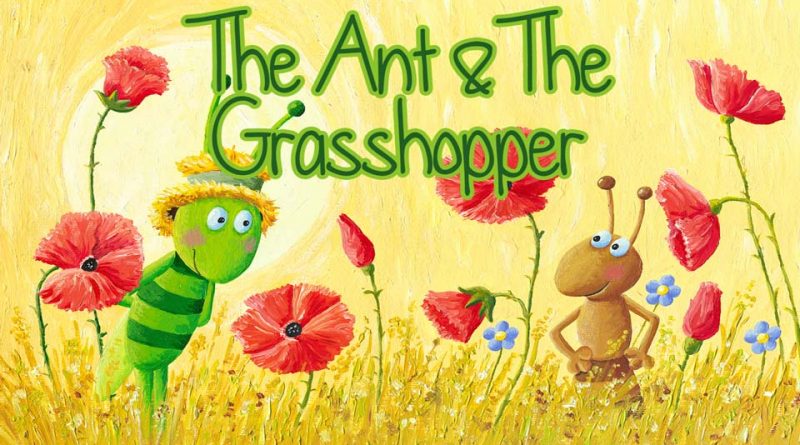Aesop`s fables. Classroom learning resources for teachers
Aesop`s fables. The moral of the story. Developing an original listening lesson.
Text extracted from our book: Temario de oposiciones – Inglés Primaria.
Autores: Mariano Muñoz Pérez y Tomás Navarro-Soto Mínguez 
Topic 5.
Geographical, historical and cultural framework of the English speaking countries. Didactic application of the most outstanding geographical, historical and cultural aspects.
Sociocultural knowledge can be enhanced through traditions, history or literature of the target language country. In other words, the social structure of a language and its culture should be an integral part of the FL syllabus, particularly if that culture differs significantly from the learners´ own one. According to Bada (2000), “the need for cultural literacy in ELT arises mainly from the fact that most language learners, not exposed to cultural elements of the society in question, seem to encounter significant hardship in communicating meaning to native speakers.”
In this light, we may consider some of the benefits of involving culture in FLT:
• Studying culture gives students different reasons to study the target language.
• Without cultural background knowledge, the contextualised situations of communication may seem fiction.
• Teaching culture contributes to develop the students´ motivation since they experiment willingness towards culturally based activities such as songs, doing research, etc.
• Studying FL and culture develops a positive sense towards the FL community and its people.
If we accept that the main goal of FLT is the attainment of communicative competence, the sociocultural elements defining a positive communicative act must be covered in parallel to linguistic abilities; therefore, young FL speakers should be provided with the knowledge to use the language in everyday situations. Otherwise, when FL speakers are not able to interpret and use adequately sociocultural aspects of communication, misunderstanding and breakdowns in communication take place.
However, developing sociocultural aspects requires defining what we understand by sociocultural knowledge. In this regard, the CEFRL suggests: “Strictly speaking, knowledge of the society and culture of the community or communities in which a language is spoken is one aspect of knowledge of the world. It is, however, of sufficient importance to the language learner to merit special attention, especially since unlike many other aspects of knowledge it is likely to lie outside the learner’s previous experience and may well be distorted by stereotypes”.




